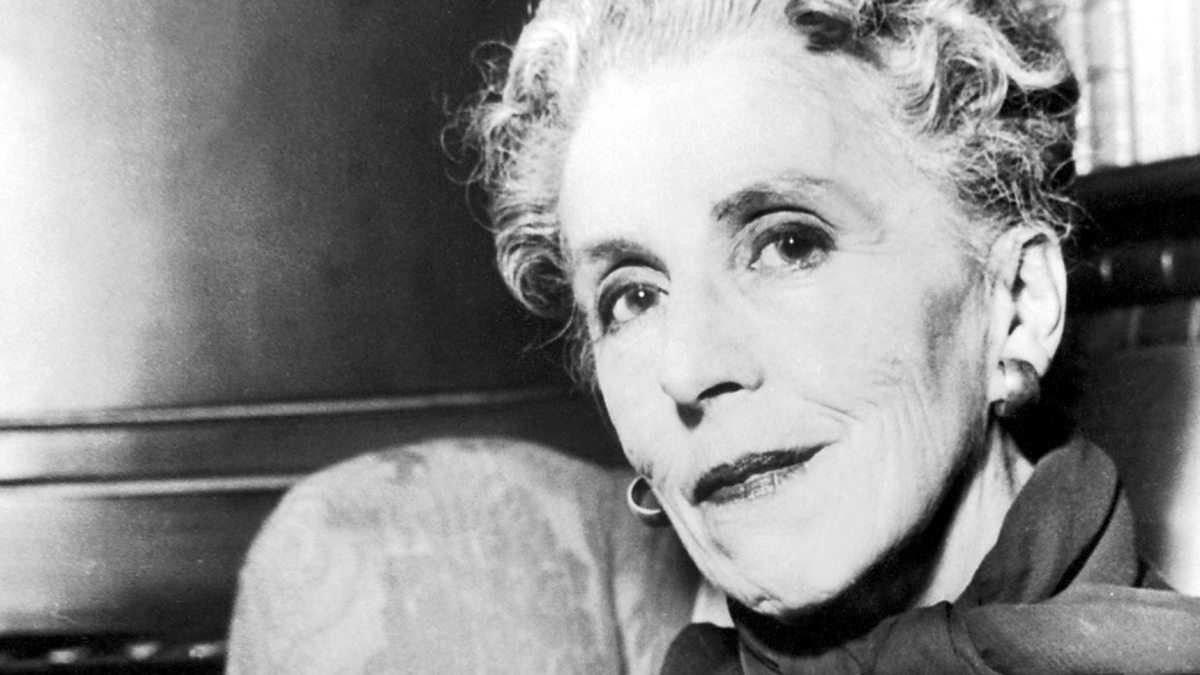

“As for me, from my first weeks in Africa, I had felt a great affection for the Natives. She is, after all, a kind and benevolent employer she helps those who work for her with food and medical attention, and has an attitude that ranges from wary tolerance to authentic appreciation when it comes to their culture. It very much dampened my enthusiasm.įor the era, it may be that the author had a pretty liberal attitude towards the African people. This is just one element of the colonist’s mentality that pervades the book. In order to keep her farm running, she employs the local “Natives” who are allowed to remain living near the farm so long as they work (without pay) for the author 180 days out of the year. However, it IS written by a white person who went to Africa in the early 20th century as a colonist. All this is why we still read this book 85+ years after its publication. The author has a keen eye for detail, a knack for description, and an obviously very deep love for her subject. Highlights include all-night dances the locals host, shooting lions, flying over the land with pilot friends, and trying to protect the crops from grasshoppers and droughts.Īs far as the author’s language and writing style, this is a beautiful book that does an excellent job of painting a picture of a coffee plantation in Africa in the early 20th century. She describes animals, plants and scenery, the “Natives” who work for her, and various events that happen while she’s there.

Out of Africa is a memoir of the author’s 17 years living on and running a coffee plantation in Kenya from 1914 to 1931.


 0 kommentar(er)
0 kommentar(er)
